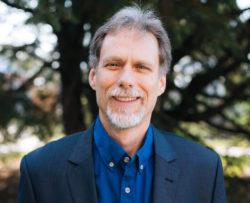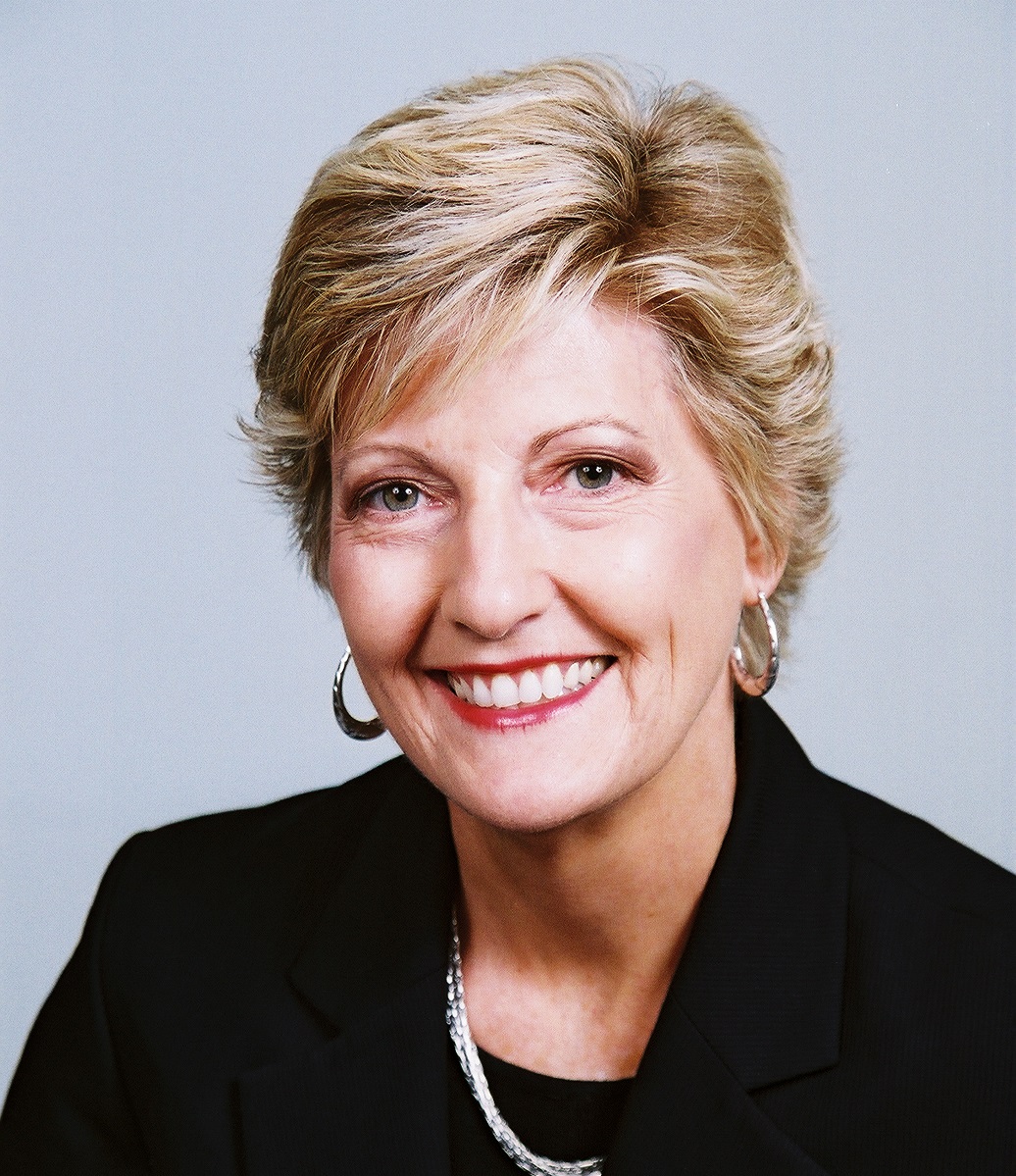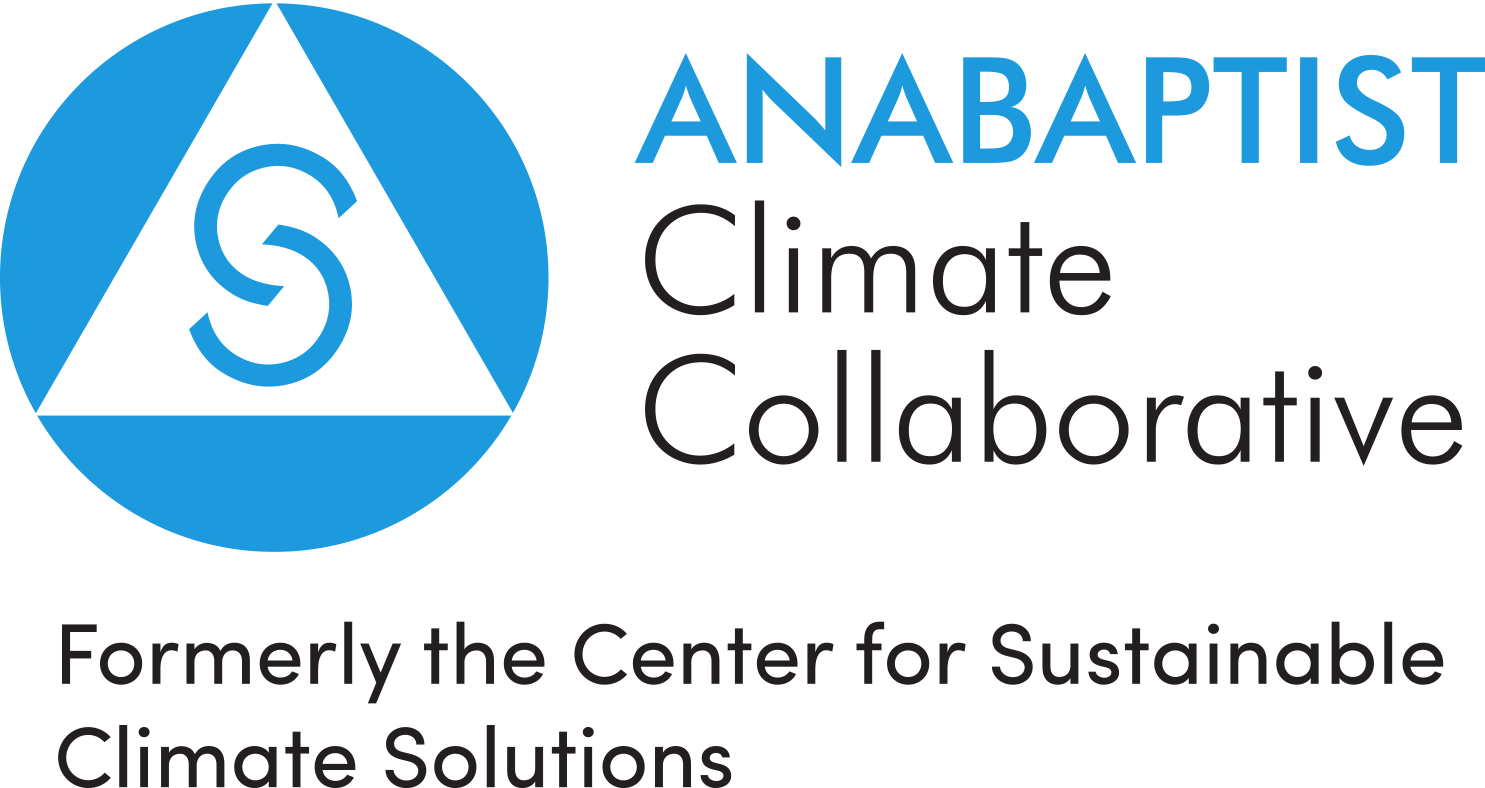Anabaptist Collaboration on Climate Change
SCHEDULE
This meeting will last from lunch to lunch, January 26-27. The schedule is below; we anticipate adjustments to this schedule as deemed necessary.
Tues., January 25
evening Some indicated they will arrive on Tuesday. Please note supper is not available on Tuesday. We will have some light breakfast foods available for Wed morning.
Wed., January 26
11am Arrival and registration. Check back for instructions on where to go on arrival. We will have nametags and packets available on check-in, along with room assignment information.
Noon Lunch Together, Introductory remarks by founding donor Ray Martin
- 1:15pm Welcome from CSCS core partners
Susan Schultz Huxman, Eastern Mennonite University - Rebecca J Stoltzfus, Goshen College
- Ann Graber Hershberger, Mennonite Central Committee
1:40 Setting the stage, CSCS Director Doug Graber Neufeld. Doug will highlight what brings CSCS to this point, why we felt it was critical to have this meeting, and what we hope to accomplish in the next 24 hours.
2:00 Getting to Know Participants. Our moderator Jill Schumann (see bio at bottom of this page) will lead a focused session in which everyone will have the opportunity to address the question “What motivates you to be here?” More detailed information for each individual and organization will be available in the participant information packet.
3:00 Anabaptist Perspectives of Climate Change. Peter Dula, EMU Professor of Religion and Culture, will give an overview of his findings on Anabaptist Perspectives of Climate Change, based on his published work on Anabaptist environmental ethics. This will help us to understand 1) what do we know about how Anabaptists think about climate change? and 2) what might distinguish Anabaptists as we address climate change?
3:30 Coffee/Snack Break
3:45 Exploration of Issues and Possibilities. Through a structured activity of interview rounds, we will explore the following questions:
- What do Mennonite/ Anabaptist organizations bring to the table that might be different from others?
- Where are you seeing effective efforts around climate change and climate justice?
- What do you think could create needle-moving change on climate issues?
- What are some ways Mennonite organizations could work together to make a difference on climate?
- In what collaborative efforts around climate change are you or your organization currently engaged?
- From your experience and observation, what do successful collaborations require?
5:00 Response. Two climate professionals, Doug Kaufman (CSCS Director of Pastoral Ecology) and Brent Alderfer (Cofounder and Director, Community Energy, Inc) will reflect based on their work in climate change, and their experience with the Anabaptist community.
5:30 Dinner Together
6:30 Q&A on the Center for Sustainable Climate Solutions. For those less familiar with CSCS and would like to know more details about our work, join in the meeting room for an informal question and answer period.
7:00 Collaborations That Work. Our moderator Jill Schumann will give a presentation and reflection based on her extensive work with collaborations.
7:30 Collaborative Possibilities. Small group work will focus on the following questions:
- What partners/ collaborative opportunities might strengthen your organization’s climate-related work?
- What do you wish you could do that you can’t do alone?
- What do you and your organization bring to the wider Mennonite collaborative table?
8:15 Brief reporting and summarizing the day.
8:30 Worship. Mark Lancaster (CSCS Advancement Director) and Doug Kaufman (CSCS Director of Pastoral Ecology) will lead us in a period of worship to close out the day.
8:45 Sneak preview (!) of “Moving the Story”. For those who wish, you are invited to be the first to view the 25 minute documentary on the 2021 Climate Ride. We will be joined by Loren Friesen, who filmed and produced this documentary, and who will be available for questions.
Thurs., January 27
7:00 Breakfast in lodging buildings
8:00 Devotional opening
8:15 Recap of yesterday, agenda, process and goals for the day
8:30 Large group conversation. This facilitated session will follow up on the sessions from Wed, centering around the following questions. This will help us to clarify where there is interest and energy for particular actions.
- If everyone in this room were to include in their individual/organizational efforts one collaborative goal or action, what would you choose?
- If there are Anabaptist differentiators, how might they be leveraged in practical ways?
- What assets (relational, expertise, concrete projects, resources, other) do our organizations have that we can mobilize?
- What is something significant some or all of us could do together on this issue?
9:45 CSCS going forward. Doug Graber Neufeld and Mark Lancaster will outline the vision for CSCS going forward, and invite discussion for meeting participants on potential roles for CSCS.
10:15 Coffee/Snack Break
10:30 Moving to Action. Small groups will start to work on areas of collaborative interest.
- Dreaming big – where could we envision this going?
- What next steps could be taken to work on this?
- How could CSCS be helpful to collaborative and other efforts, and how might partnerships with CSCS work?
- Who else might be invited to this table if it is formed?
- What are potential barriers, what challenges might need to be addressed?
11:30 Reporting in, summarizing the convening and next steps.
11:50 Closing the Convening
Noon Lunch Together, and depart
This time together is coordinated by CSCS, led by Director Doug Graber Neufeld. Sessions discussing together how to collaborate on climate action will be guided by experienced facilitator Jill Shumann.

Doug Graber Neufeld joined CSCS as Director in August, 2017. Doug is Professor of Biology at Eastern Mennonite University, helps direct Environmental Sustainability activities at EMU. He works domestically and overseas on water issues, including WaSH (water sanitation and health), water provision and impacts related to agriculture, and monitoring and analyzing risk from environmental contaminants.
Doug chairs the Creation Care Task Force for Mennonite World Conference. He worked as Livelihoods advisor for Mennonite Central Committee in Kenya, and two years with Mennonite Central Committee in Cambodia working with Royal University of Agriculture and the Royal University of Phnom Penh. In Virginia, he works with rural agricultural communities on water issues.
Doug teaches a variety of courses such as Environmental Risk and Policy, Environmental Ethics, Toxicology, and Natural History. He earned his Ph.D. from the University of Texas, Austin and held postdoctoral fellowships at the University of Arizona and the University of Otago, New Zealand.

Jill Schumann recently retired as President and CEO of LeadingAge Maryland. She was the founding CEO who launched LeadingAge Maryland in 2012. She is currently doing consulting work for the LeadingAge national office in policy and communications, as well as consulting work across the country in governance, trauma-informed care, strategy, and process facilitation.
Prior to her work with LeadingAge Maryland, Schumann served for more than a decade as President and CEO of Lutheran Services in America (LSA). She has served in executive roles with health and human service organizations and has created ground-breaking programs in post-acute healthcare, managed care, behavioral health, and addiction treatment.
She was a member of President Bush’s Faith-Based Cabinet and was appointed by President Obama to the White House Council for Community Solutions. For the ninth year in a row in 2011, Schumann was named by the NonProfit Times one of the top 50 leaders of power and influence in the United States. She holds an MBA and two honorary doctoral degrees.

